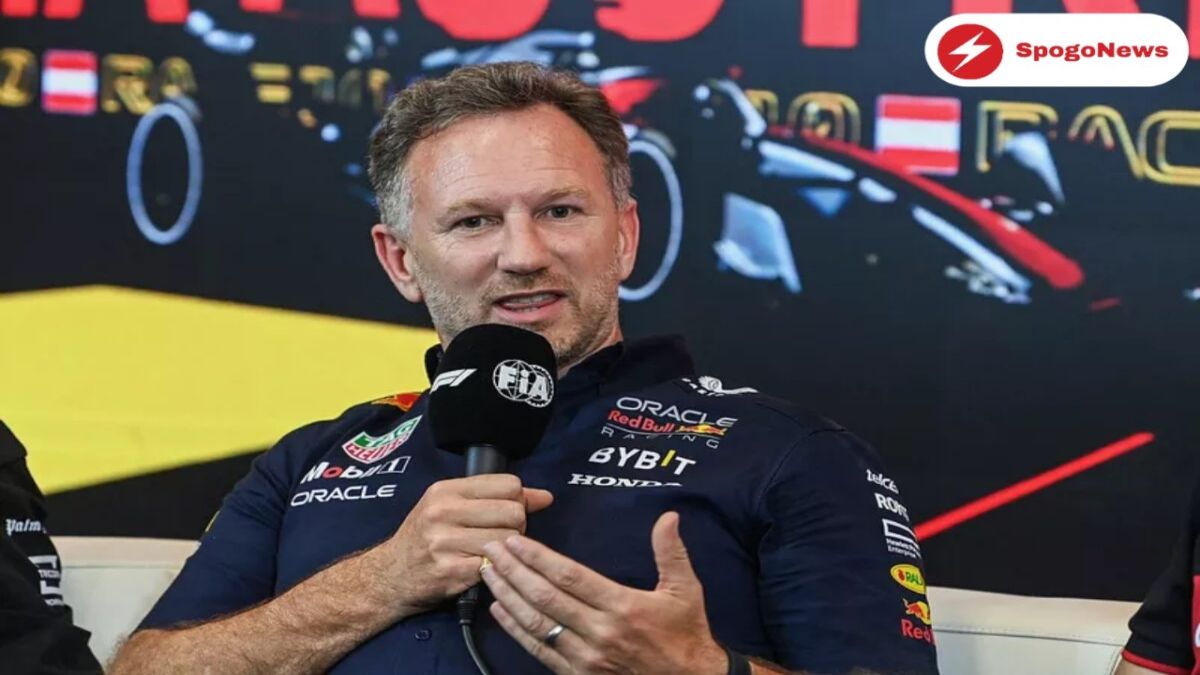(Motorsports news) The FIA has proposed a mechanism to equalize power units among the manufacturers for debate at this week’s meeting of the F1 Commission and got support by Red Bull, which will take place after the Hungarian Grand Prix. It is believed that the decision was made in response to worries that Alpine’s Renault engine has lagged behind competitors and may be as much as 30 horsepower less powerful than the best.
Otmar Szafnauer, the head of the Alpine team, has acknowledged that the French manufacturer is falling behind the competition, which is hurting its ability to compete, without providing specific numbers. When asked how his engine compared to the competition, he responded, “All the teams do the same analysis and the FIA does its analysis.” “We have fallen significantly.”
Despite the fact that teams often dislike giving performance advantages to competitors, the circumstances surrounding equalization during a power unit freeze are a different story. The scenario is a little harsh to anyone who falls behind because Renault is unable to make any enhancements to its power units because the present engines have received homologation.
Because of this, Red Bull CEO Horner believes that if the FIA can demonstrate that there are differences between the engines, action should be taken to level the playing field for all. When questioned about the engine equalization scenario, Horner responded, “It’s about figuring out where the shortfalls are. The FIA has all the information, thus they ought to outline precisely where the disparities are.
“I believe that would be fascinating for everyone to see, and if there is a deficit under homologation, then I think it’s something that we should be sensible about – otherwise, you’re locked in for two years. I wouldn’t be against having a reasoned conversation. In the past, when faced with a Renault engine that lagged behind the industry-standard engines from Mercedes and Ferrari, Horner has called for equalization in the early turbo hybrid years.
Szafnauer has applauded Horner’s attitude, particularly given that the engines were frozen from 2022 to 2025 as a way to support Red Bull’s continued use of Honda engines following the Japanese manufacturer’s exit from Formula 1. I’m happy Christian stated that because, looking back, Red Bull didn’t have an engine department to continue developing, which is why the engines were frozen at the time. Honda was leaving, he added.
It’s great that red Bull’s Christian understands that the reason we all came to an agreement was for Red Bull’s benefit. Additionally, at the time of the arrangement, the engine makers agreed to hold good faith negotiations to restore parity if any of them fell behind by 1%.
Despite the fact that F1’s power units have been frozen since the beginning of 2022, Szafnauer thinks the competitive landscape has changed since then as competitors have benefited from reliability improvements. “Everyone is free to fix their reliability issues, and sometimes power upgrades are hidden in reliability issues,” he stated. “It depends on the reliability problem you’re trying to resolve.
“I recall that I was the one who handled all of the other teams’ requests for Honda when we froze the V8s in 2007. They came to me initially, and all of their requirements at the time were focused on dependability and cost-savings. “I would forward them to the appropriate engineers. However, a lot of things can be passed off as reliable before more power is applied.
Also read: Russell calls McLaren a “true contender” for second-best F1 team at the moment

